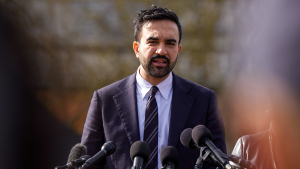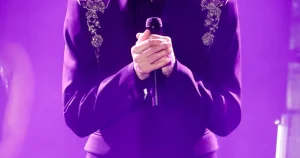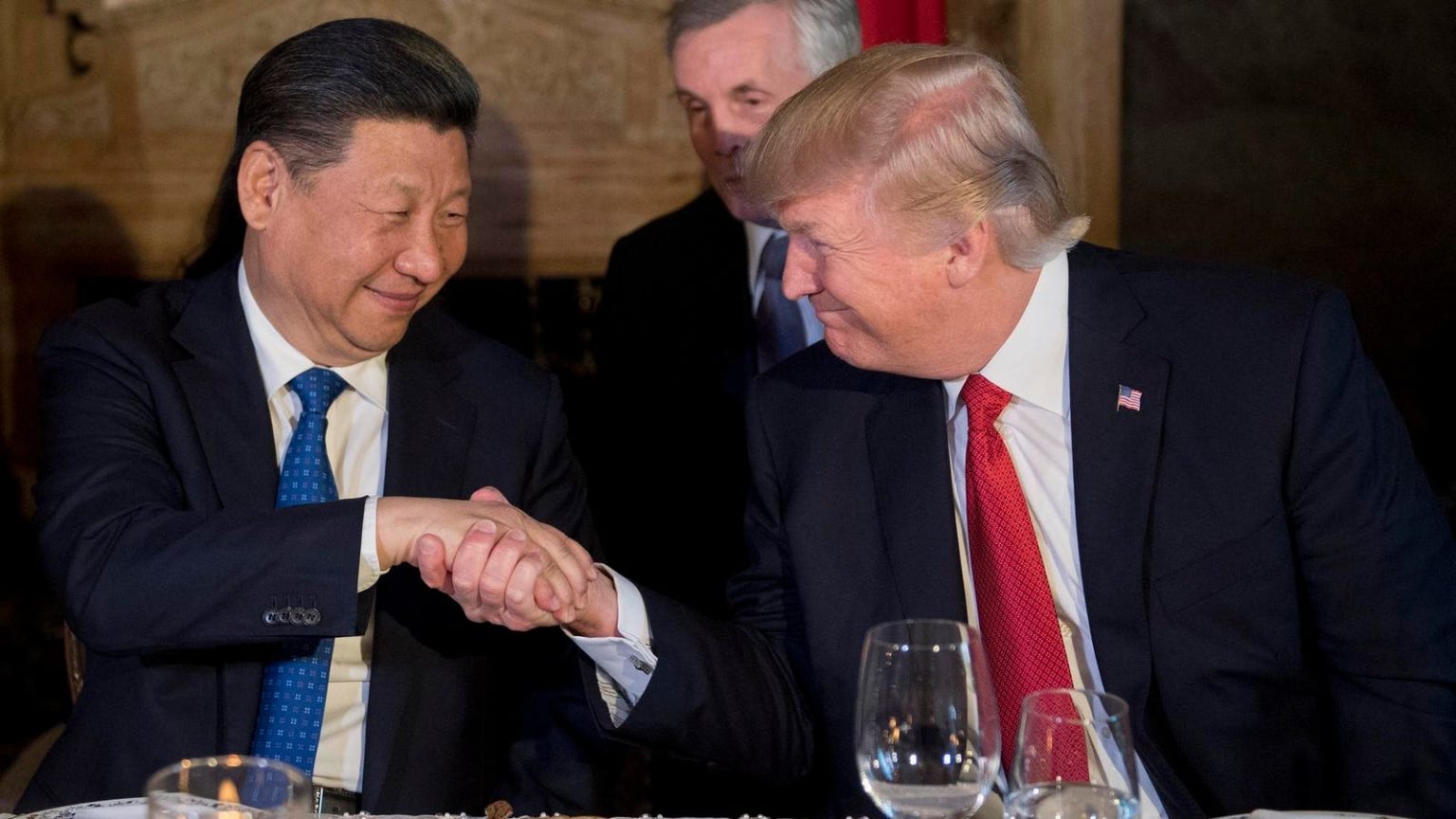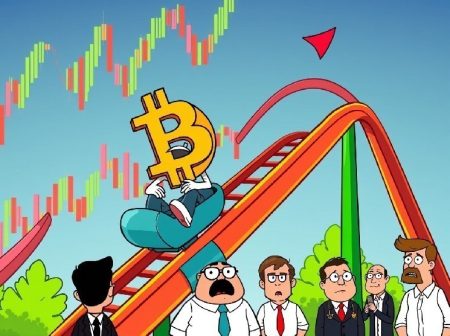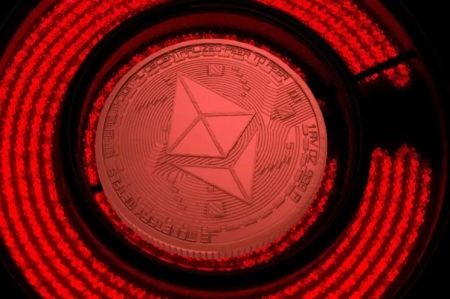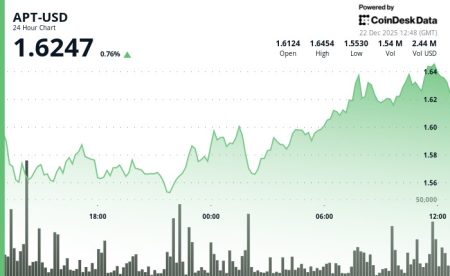Trump’s Unprecedented Inauguration Invitation: A Diplomatic Gambit or Security Risk?
President-elect Donald Trump’s decision to extend inauguration invitations to world leaders, including Chinese President Xi Jinping, has sparked a flurry of speculation and debate. This unprecedented move, confirmed by Trump’s incoming press secretary, Karoline Leavitt, signals a potential departure from established protocol and raises questions about the implications for international relations and security. While Xi is reportedly unlikely to attend, the possibility of other world leaders gracing the inauguration ceremony remains open, marking a historic first in US presidential transitions.
Leavitt, speaking on "Fox and Friends," framed the invitations as a testament to Trump’s commitment to fostering open dialogue with both allies and adversaries. This outreach, however, comes against the backdrop of Trump’s often-critical stance on China, particularly his pronouncements regarding trade tariffs. Despite these tensions, Trump has maintained a veneer of personal cordiality with Xi, claiming recent communication with the Chinese leader. This seemingly contradictory approach underscores the complexities of Trump’s foreign policy vision.
The potential attendance of world leaders at a US presidential inauguration is unprecedented. State Department records, dating back to 1874, reveal no instance of a foreign head of state attending such a ceremony. While lower-ranking diplomats and ambassadors are common attendees, the presence of a head of state would represent a significant break from tradition. This departure raises questions about the logistical and security challenges involved in accommodating such high-profile guests amidst the already complex inaugural proceedings.
Historically, security concerns and the logistical complexities of managing large crowds have deterred invitations to foreign leaders for inaugurations. This precedent was upheld in 2009 when President Barack Obama’s transition team opted against inviting heads of state. Trump’s apparent willingness to flout this tradition suggests a calculated risk, potentially aimed at signaling a new era in American foreign policy, one marked by direct engagement with world leaders, irrespective of existing political tensions.
Trump himself has acknowledged the potential risks associated with inviting foreign leaders, characterizing the move as a "little chance." This rhetoric, coupled with his past pronouncements on international relations, suggests a desire to project an image of bold leadership, willing to deviate from established norms in pursuit of his foreign policy objectives. Whether this approach will yield positive results or exacerbate existing tensions remains to be seen.
While the final guest list remains uncertain, speculation abounds regarding which world leaders might accept Trump’s invitation. Hungarian Prime Minister Viktor Orbán, a known Trump ally, is reportedly considering attending. However, Russian President Vladimir Putin’s presence appears unlikely, with the Kremlin confirming no invitation has been received. These contrasting scenarios highlight the intricate web of relationships and alliances that shape international politics, and how these dynamics will influence the ultimate composition of attendees at Trump’s inauguration. The event, therefore, becomes not just a ceremonial transfer of power, but a potential stage for diplomatic signaling and posturing on a global scale.
This unconventional approach to the inauguration aligns with Trump’s stated belief in the importance of personal relationships with world leaders for effective international deal-making. His previous meetings with leaders such as Canadian Prime Minister Justin Trudeau, French President Emmanuel Macron, and Ukrainian President Volodymyr Zelensky underscore this emphasis on direct engagement. However, his past interactions with controversial figures like North Korean leader Kim Jong-un and Russian President Vladimir Putin have also drawn criticism, raising concerns about his judgment in navigating the complex landscape of international diplomacy.
Trump’s relationship with China, marked by both praise for Xi and criticism of Chinese trade practices, exemplifies the unpredictable nature of his foreign policy. His past rhetoric and actions, including the imposition of tariffs and labeling COVID-19 the "Chinese virus," suggest a potentially adversarial stance. However, his personal affinity for Xi introduces an element of uncertainty. This complex dynamic will likely play a significant role in shaping the future of US-China relations under a Trump presidency.
The inauguration, therefore, serves as a microcosm of the broader challenges and opportunities facing Trump’s foreign policy agenda. His decision to invite world leaders, while unprecedented, reflects his stated commitment to direct engagement and deal-making. However, it also carries inherent risks, particularly given the existing tensions with certain countries and the potential for misinterpretation or diplomatic missteps. The world will be watching closely as this unconventional inauguration unfolds, eager for clues about the direction of American foreign policy under a second Trump administration.
